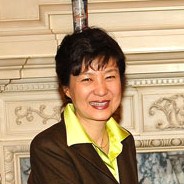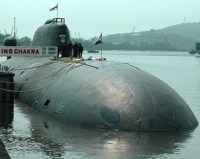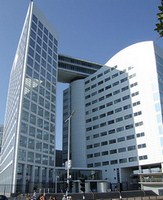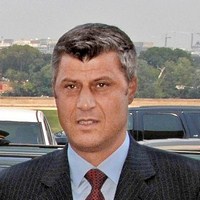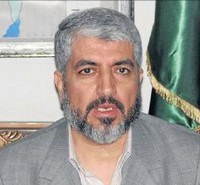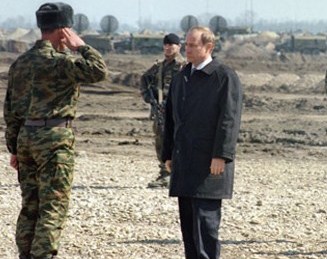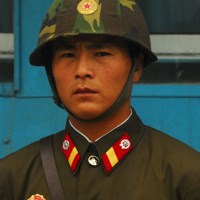
Under North Korea’s former dictator Kim Jong Il, crises followed a well-choreographed pattern. There would be provocation and sometimes outright aggression accompanied by paranoid, hostile and even hysterical rhetoric from Pyongyang. Eventually Kim would be mollified by some diplomatic concession or more assistance to keep the ramshackle North Korean economy from collapsing altogether, and things would return to normal — such as it was. However much this game frustrated the United States, Washington was fairly confident that it would not escalate into accidental war. Kim knew how far to push and when to back off. Unfortunately, the young Kim Jong […]



